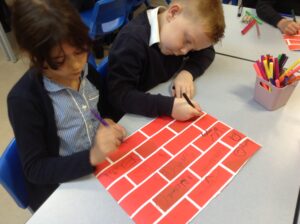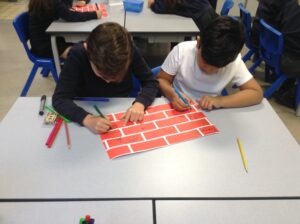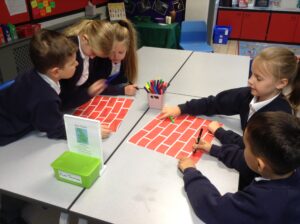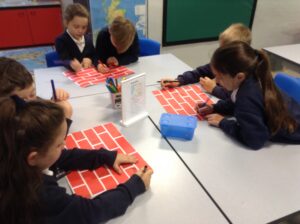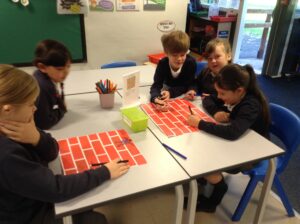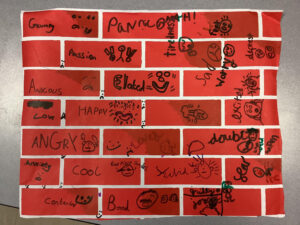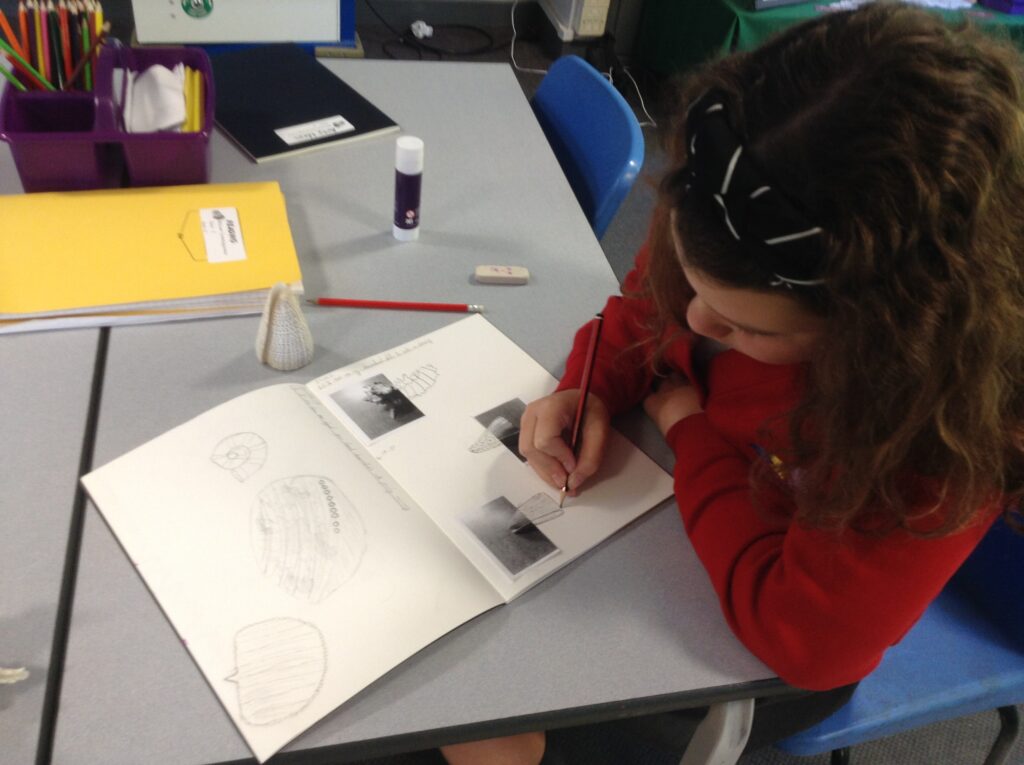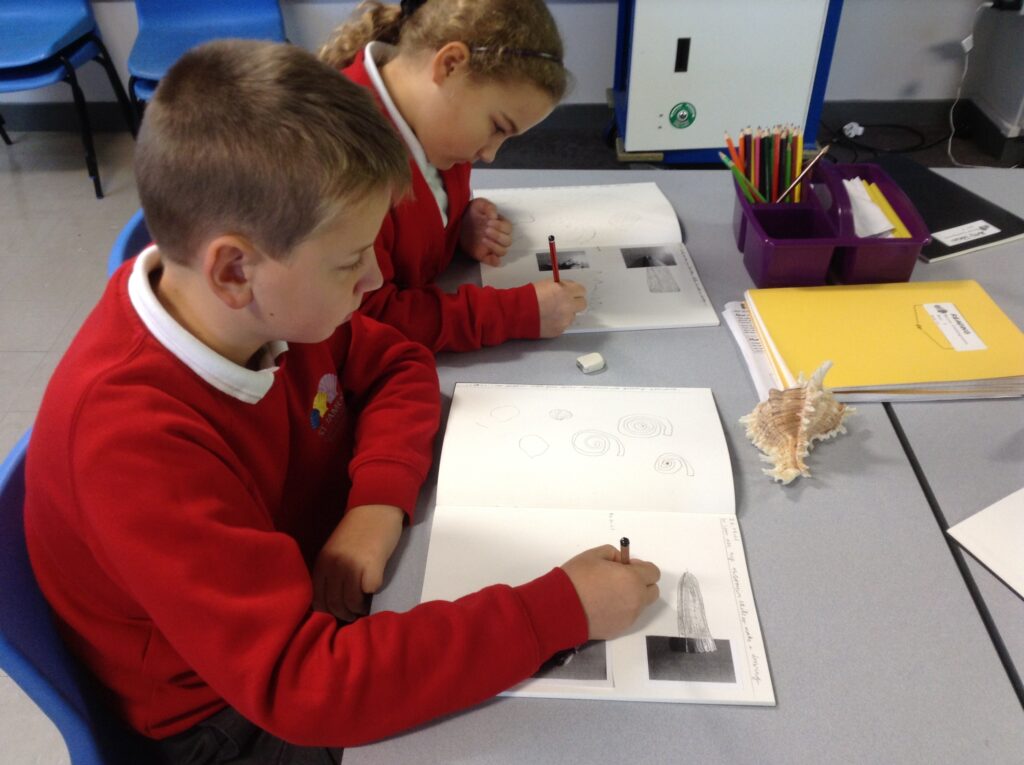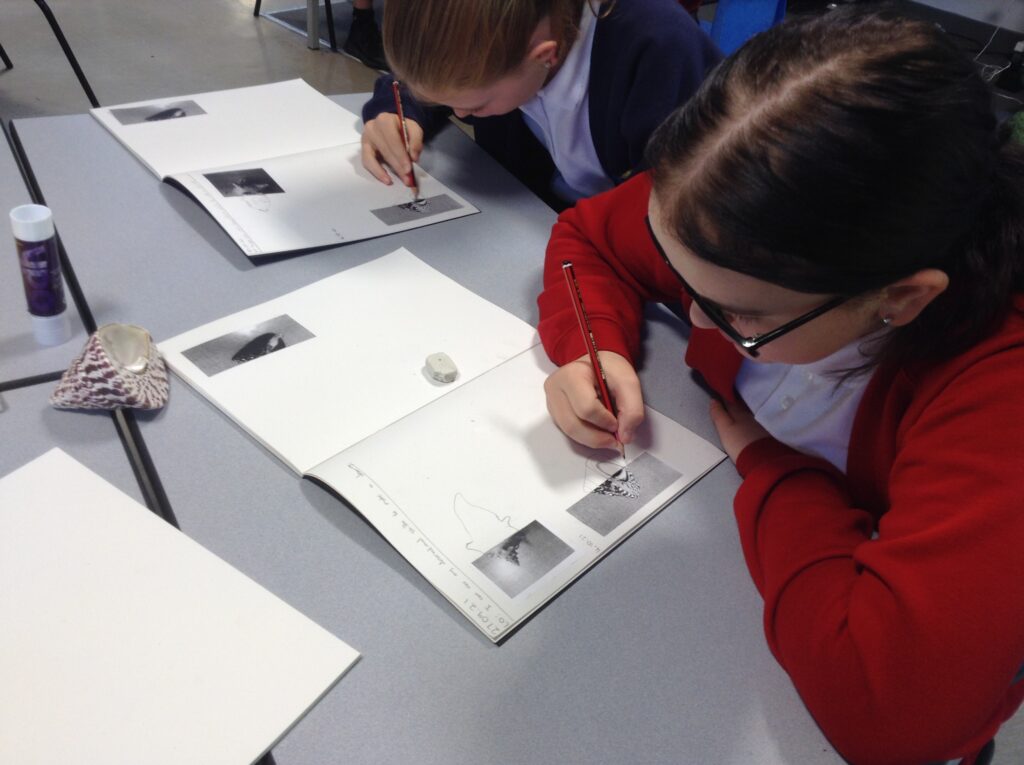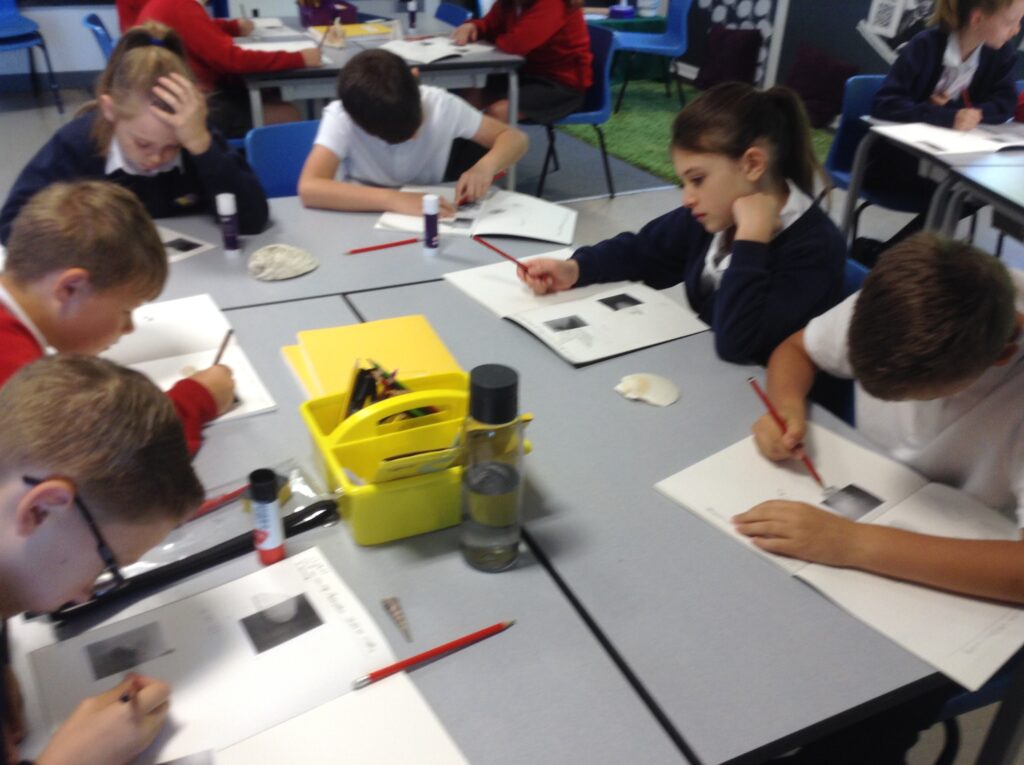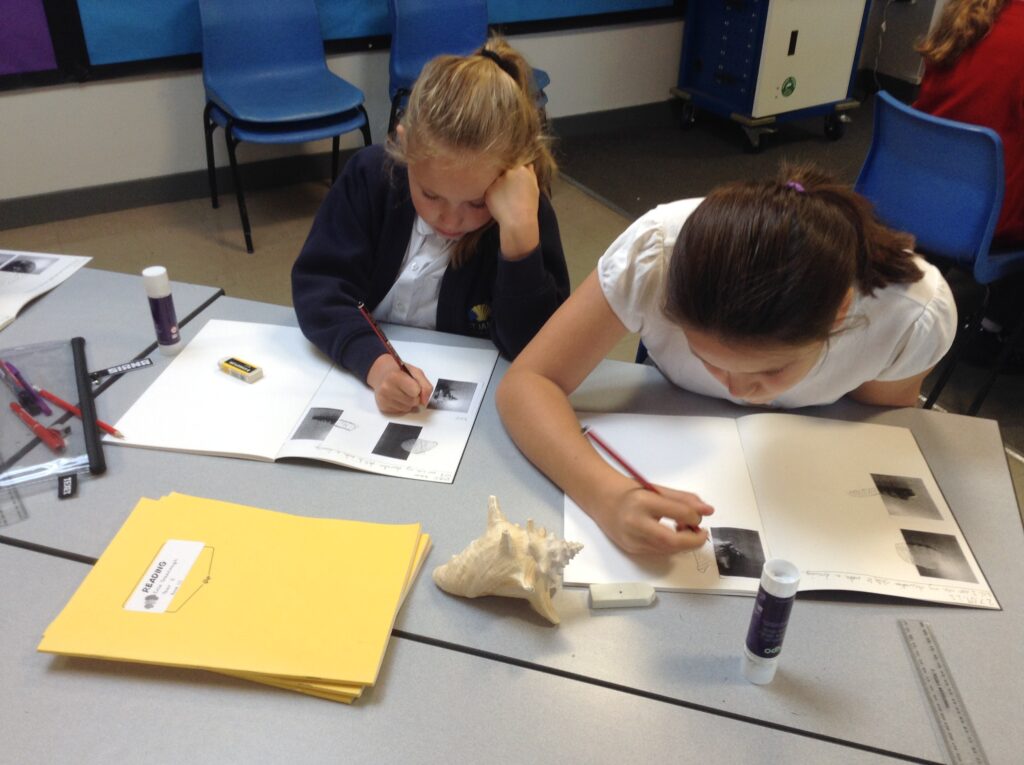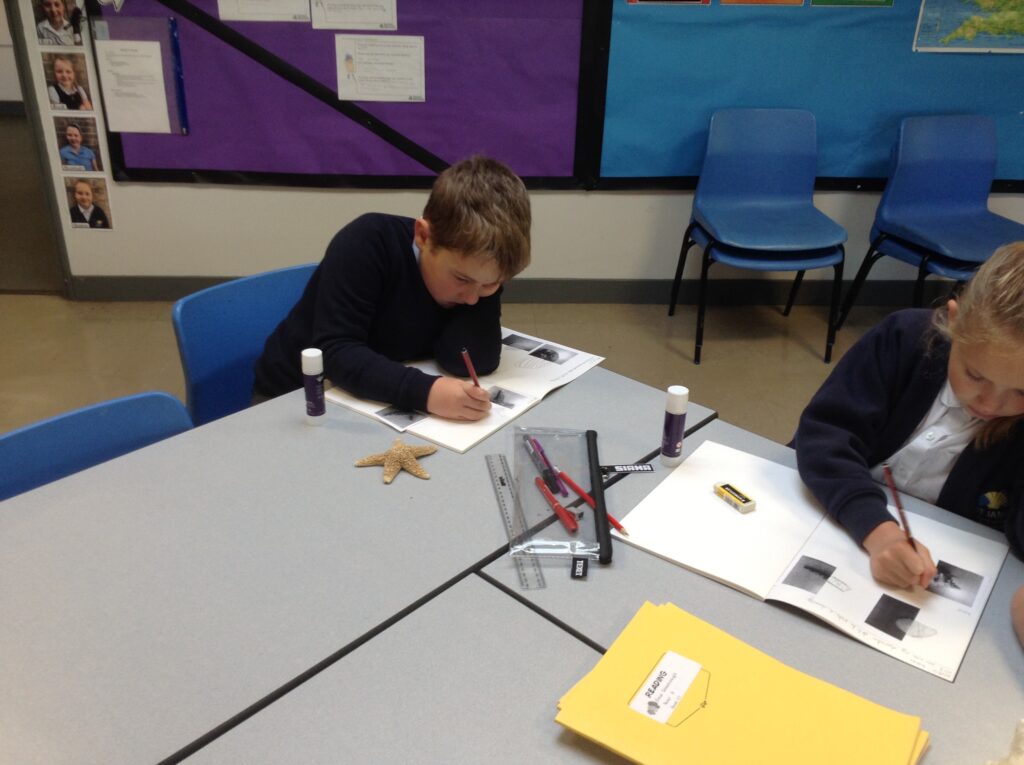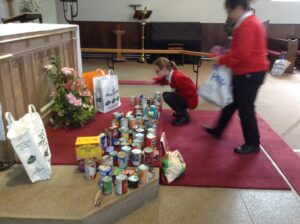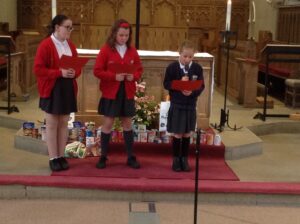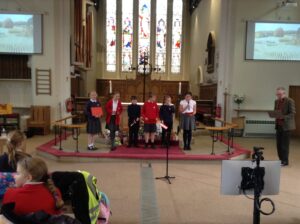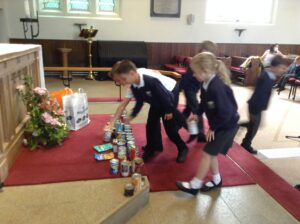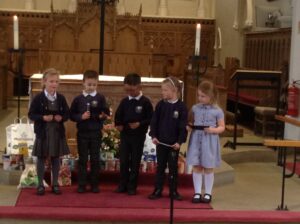Nut allergies
If your child has a nut allergy (or any other significant allergy), do please let us know. We don’t have a simple policy about this, other than we will work with parents and carers to best accommodate the needs of children with medical conditions like this, so it’s important you let us know.
Have you been attending our Zoom sessions to support your child?
So far, we’ve had three short Zoom sessions – one on phonics (mainly for parents/carers of younger children), one on Reading (for parents/carers of older children), and a Maths one this week (for parents/carers of younger children). Watch the Maths one here:
Each session lasts for just 30 minutes and will provide a few top tips and guidance as to how to support your child at home. The invitation is open to all parents and carers across Sphere Federation, although we’ve indicated if the session might be more appropriate for particular age ranges.
The remaining sessions are as follows:
- Monday 11 October: Number fact fluency (inc times tables) (mainly for Key Stage 2)
- Monday 08 November: Our curriculum topics (for Key Stage 1 and 2)
- Monday 15 November: Writing (for Key Stage 1 and 2)
- Monday 22 November: Staying safe online (mainly Key Stage 2)
All six sessions start at 6pm. They last around 30 minutes.
If you’re interested in attending, please either send us a message on the School Gateway app or email the school office. We’ll then email the Zoom joining details out to all those who have expressed an interest.
If your child’s in Early Years, look out for a range of sessions specifically for you.
Finally, don’t forget to sign up for a parent-teacher Zoom slot – the meetings are in the week just before half-term.
Have a happy and healthy weekend.
